

Riada Asimovic Akyol
Riada Asimovic Akyol writes on politics from the wider Balkans, religion, culture and gender. Her work has appeared in The New York Times, The Atlantic, Foreign Policy, Al Jazeera, Al-Monitor and The Nation. Riada is also an avid podcaster and founder of “Dignified Resilience.” Riada speaks Bosnian, Turkish, French and Spanish.
Latest from Riada Asimovic Akyol
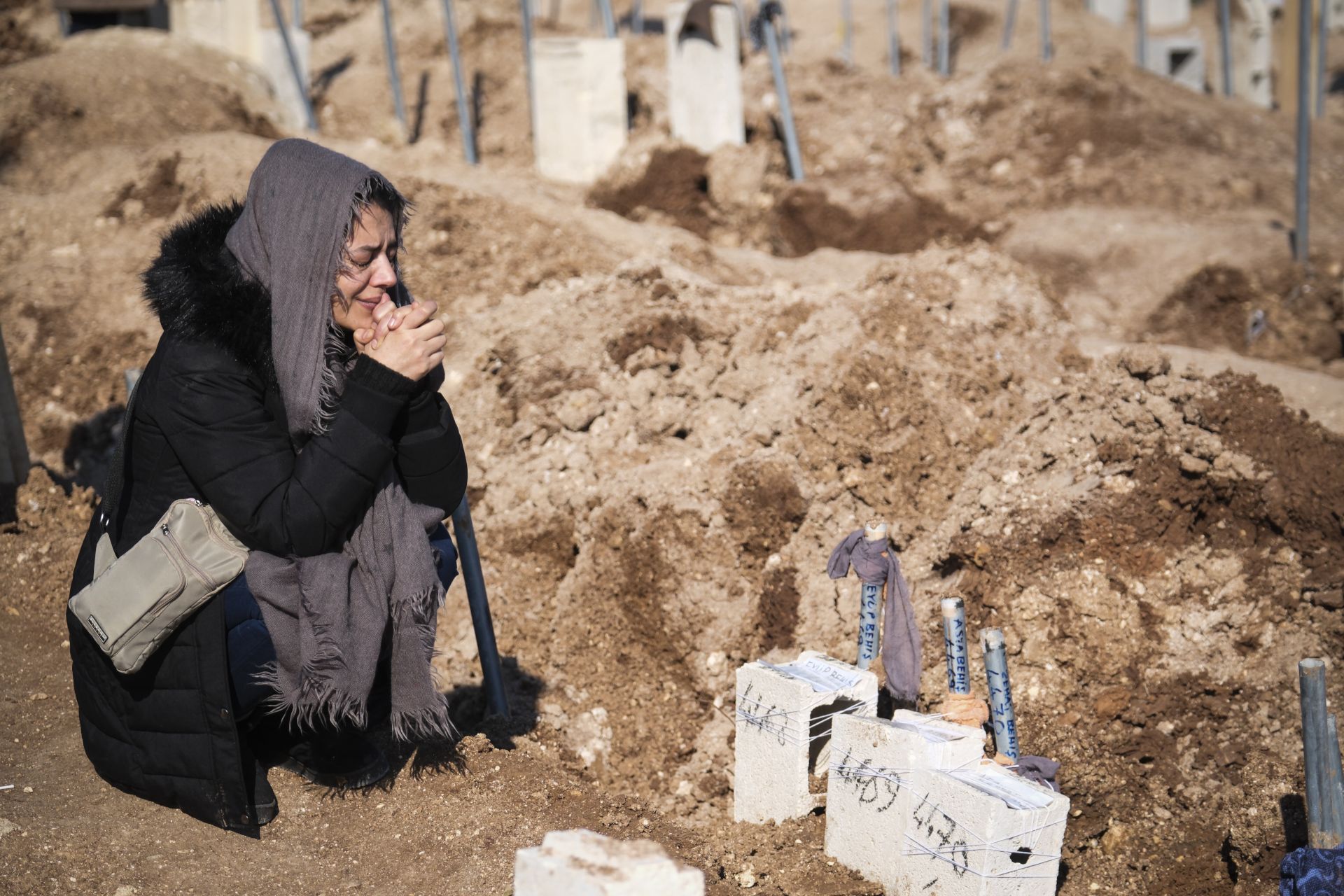
Earthquake Victims’ Families Struggle To Bury Their Dead
The staggering loss of life in the wake of the disastrous earthquakes in Turkey and Syria, the profound logistical challenges and the race against time to rescue survivors complicate even the victims’ last rites, making dignified funerals for loved ones near-impossible for thousands of grieving families.
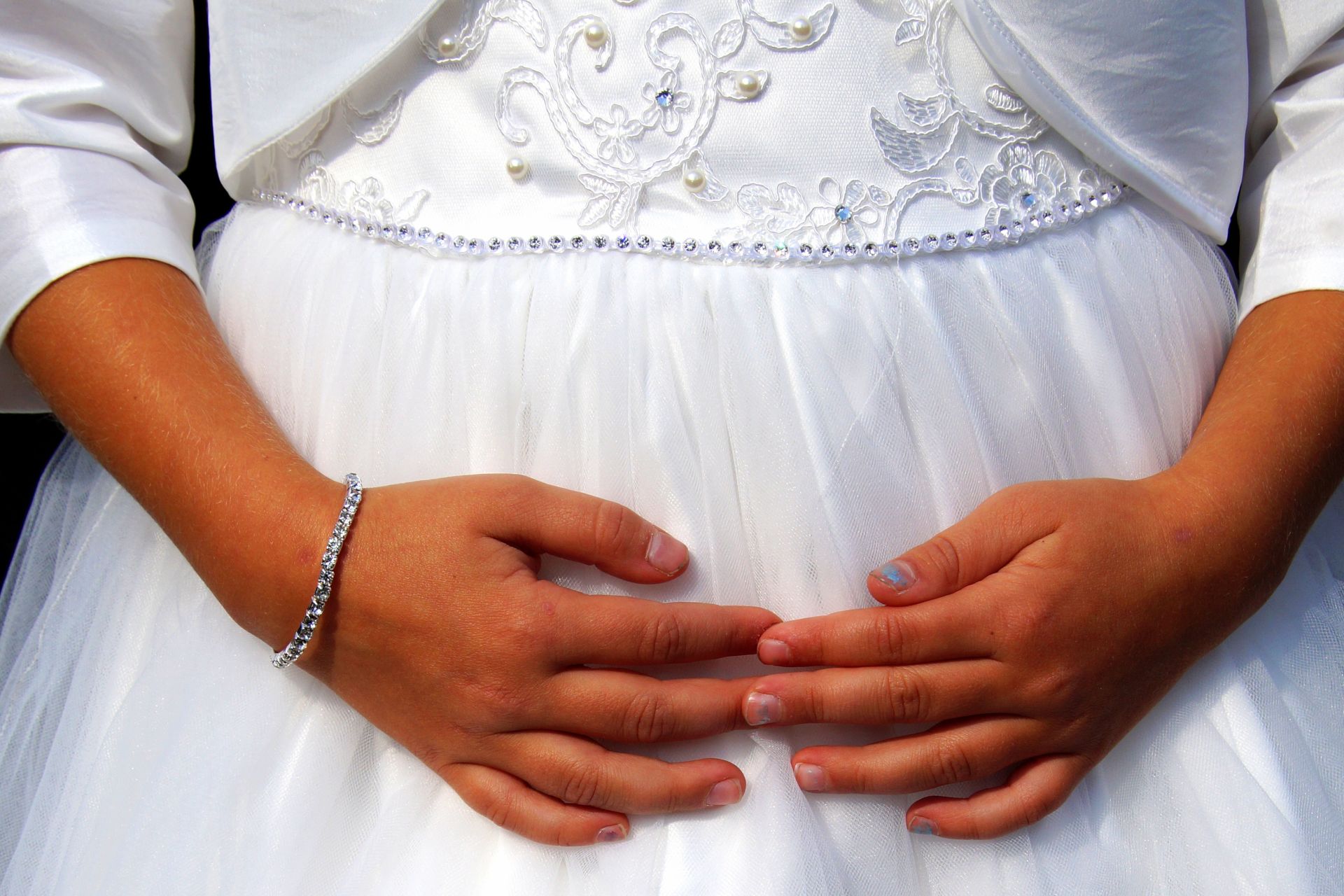
The Child Bride Who Shook Turkey
Turkey is not the only country that deals with serious human right violations like child, early and forced marriage and abuse. But there is a well-established pattern of chronic recurrence. The details of the latest scandal matter, as one personal affliction reflects a profoundly infuriating and saddening societal picture.
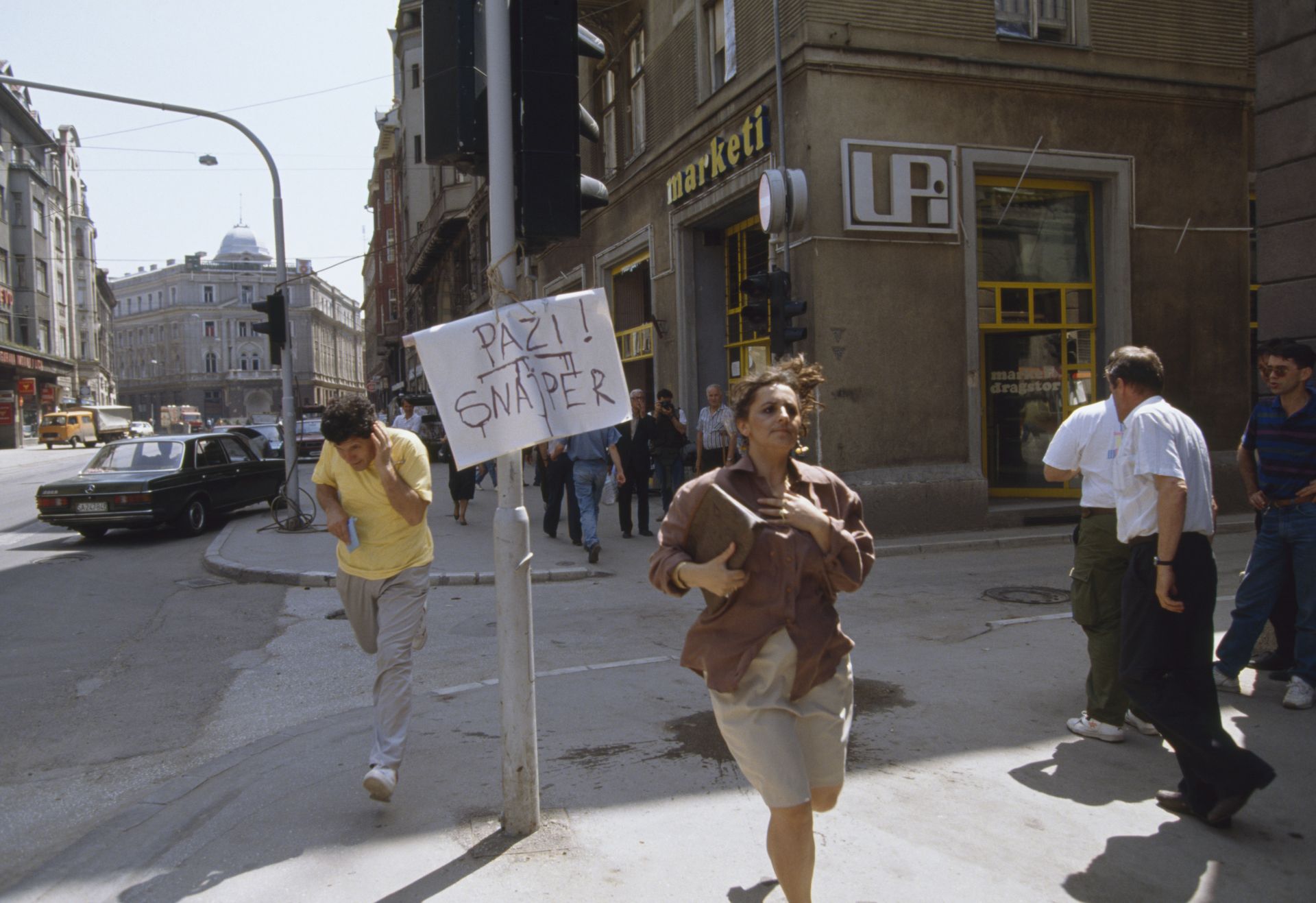
Documentary Film Alleges That Foreigners Took Part in ‘Civilian Hunting’ in Bosnian Capital
A recent documentary, “Sarajevo Safari,” alleges that wealthy foreigners paid to “hunt” defenseless unarmed civilians with the help of snipers in wartime Bosnia. This was welcomed by their enablers among the Serb nationalist forces, both for the money and the objective itself.
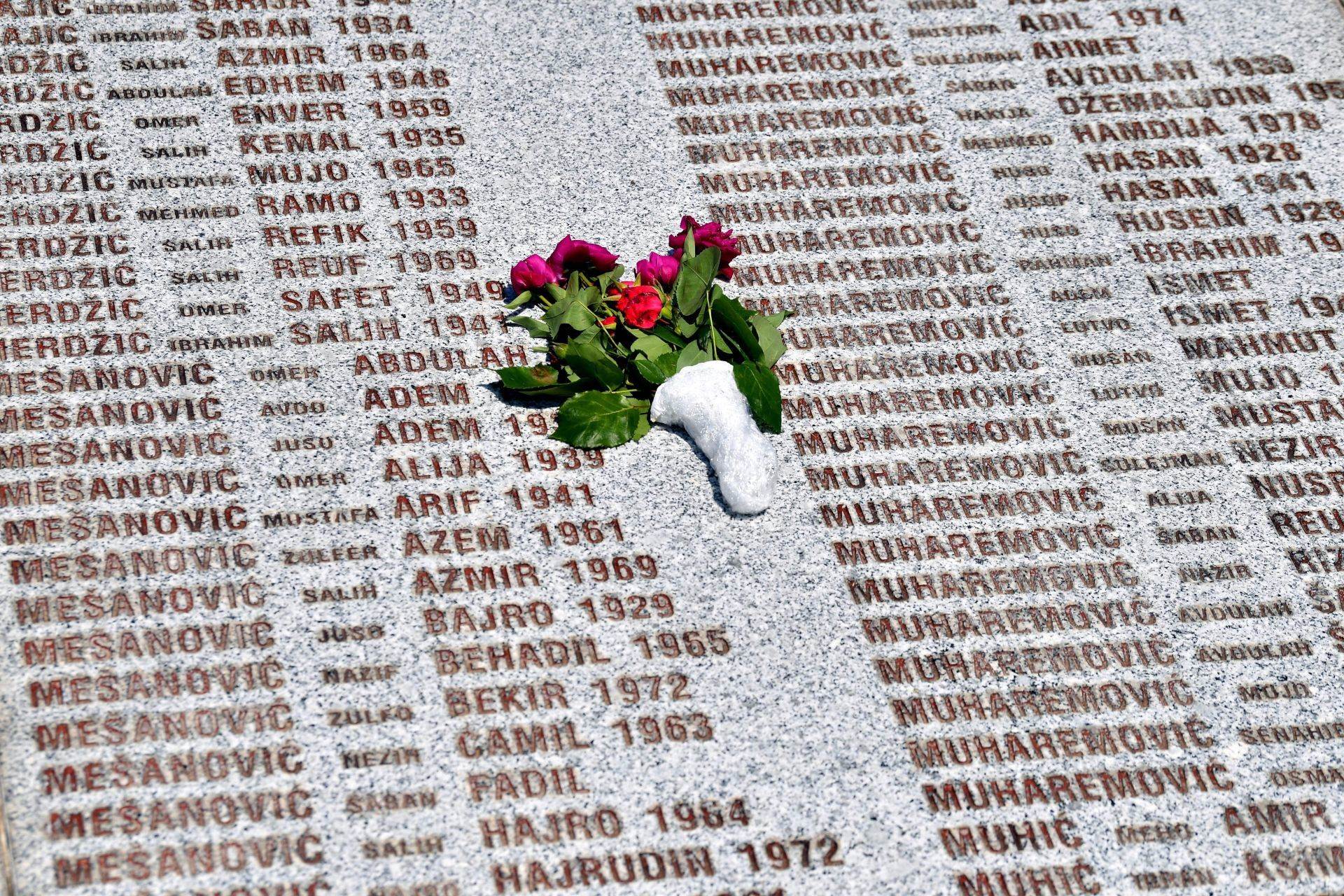
On the Anniversary of Genocide in Bosnia, a Policy Reassessment Is in Order
It is important to repeat a few facts related to the irrefutable crimes of the Bosnian genocide, especially in light of the increasing denial, historical revisionism and genocide triumphalism. Remembering what happened is crucial, not because I want to sound like a broken record, but because genocide can happen anywhere. It matters to remember that the newborn baby Fatima Muhic — the youngest victim of the Srebrenica genocide — was just two days old when she was killed. It matters to honor the memory of thousands of other mercilessly slaughtered and innocent people, some of whose few bones were uncovered in several mass graves.
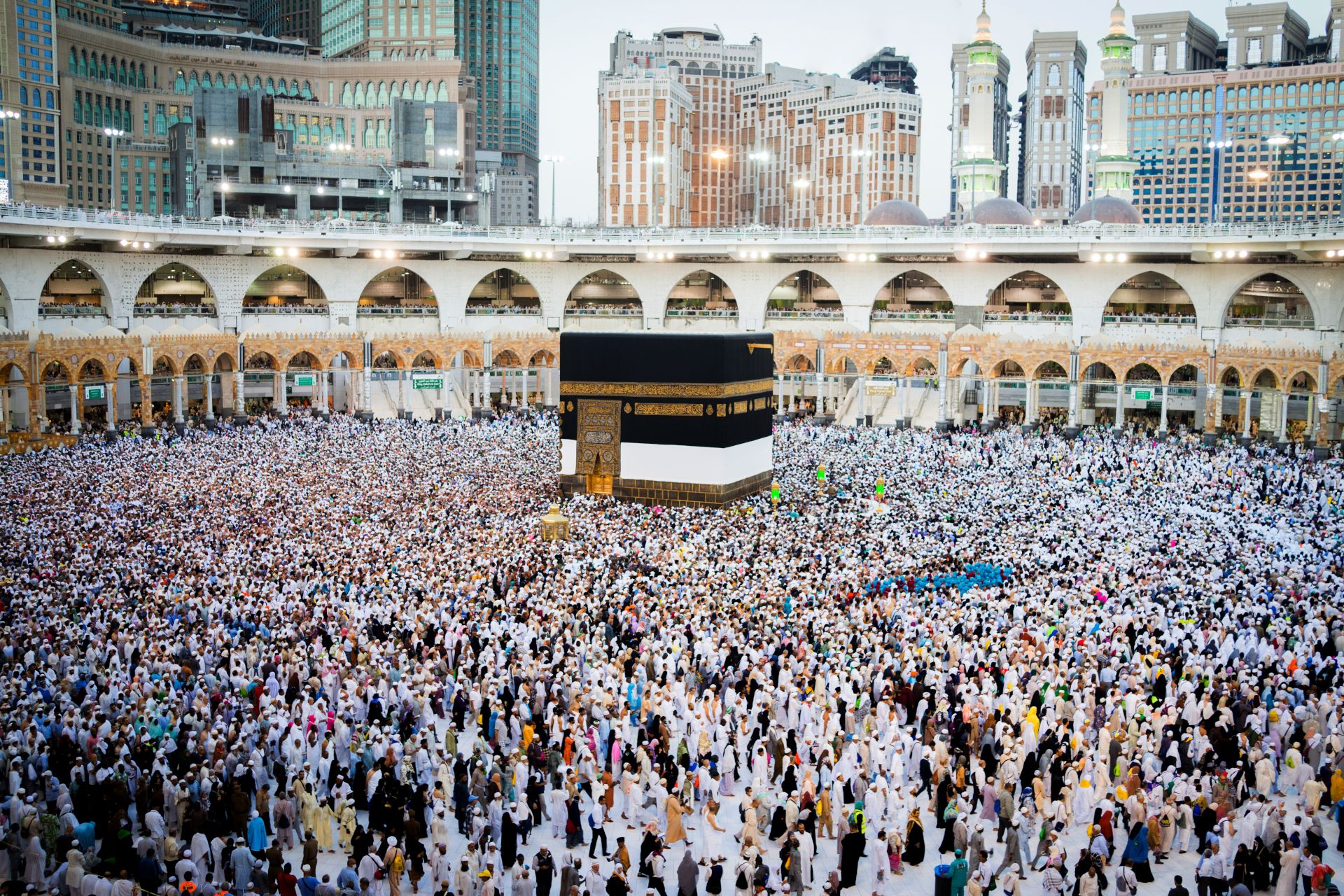
For Muslim Women at Holy Sites, It’s a Man’s World
“I was there, spiritually present, physically exhausted, compliant in full mosque gear. And there he was, wrong and rude, the guardian of a woman’s modesty and his self-righteous permission to protect my access to a sacred place.”
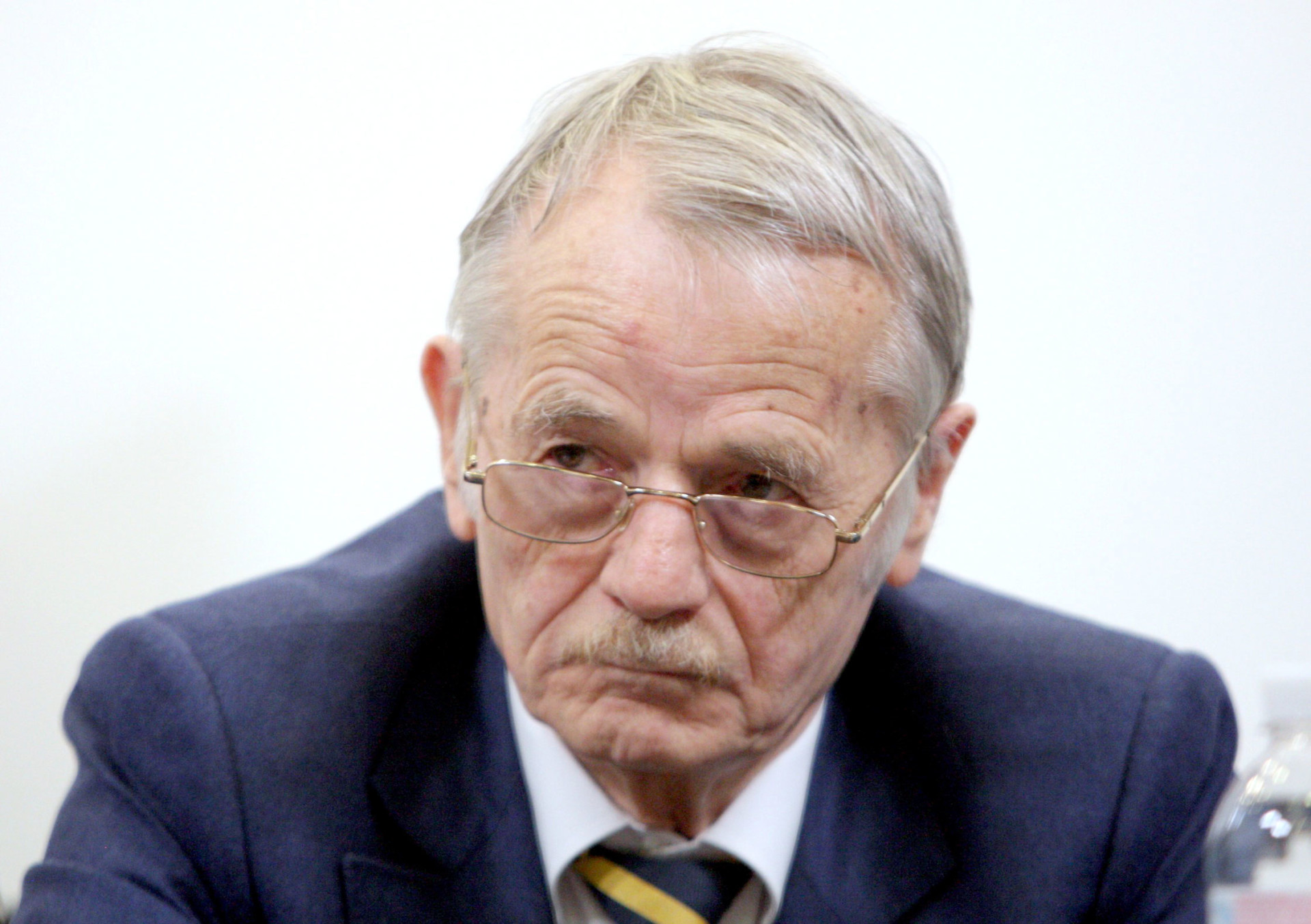
The Suffering of Crimea’s Tatars
In 2022, in their latest struggle for freedom from Russian imperialism, many Tatars have contributed and helped Ukraine to continue defying the invaders. The memory of pain and history of repression is the basis of Tatars’ support for Ukraine’s defense, though Muslim neighbors with similar historical experiences of brutal violence unleashed by Russians — like some Chechens — have openly joined their oppressor’s side.
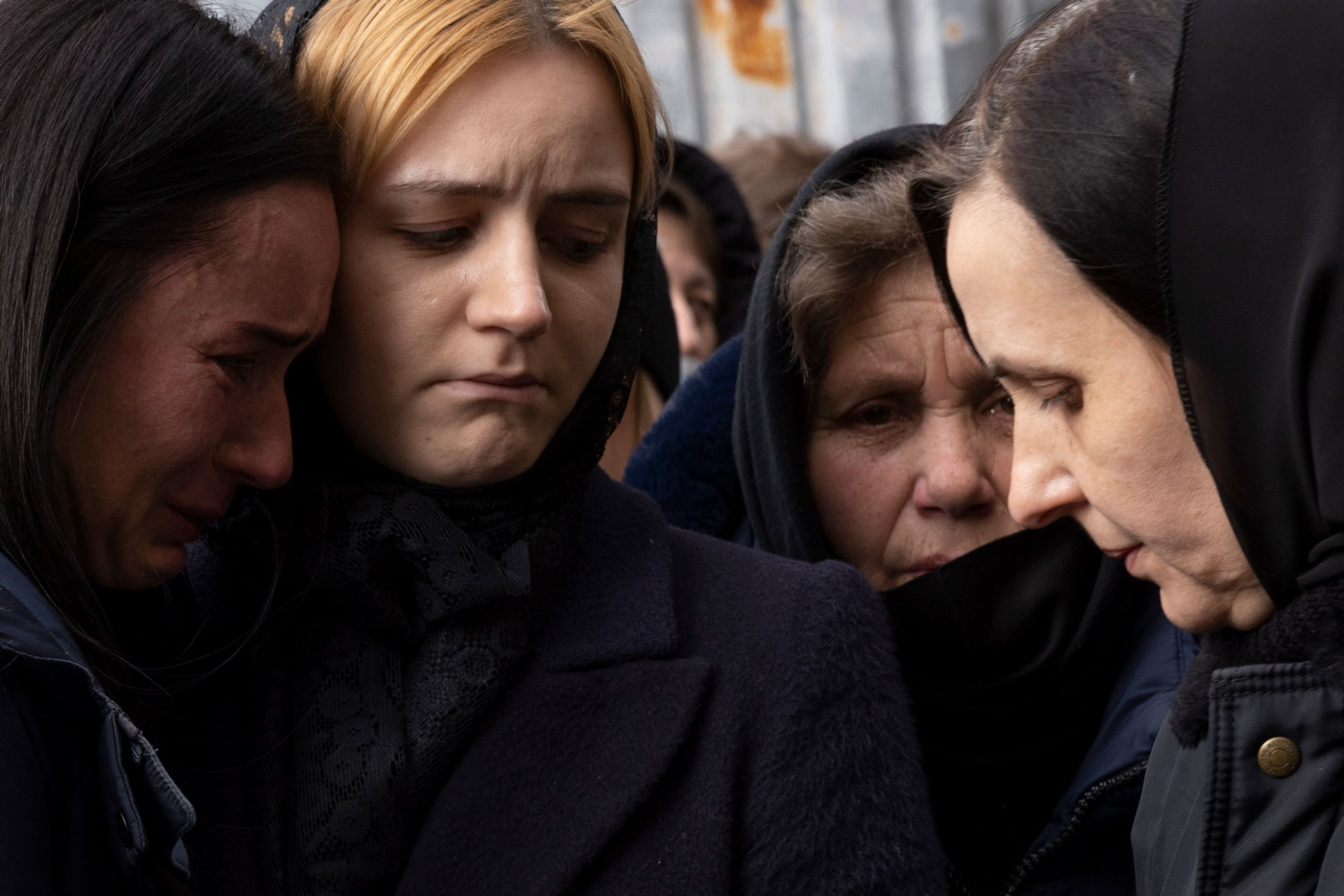
As War Widow Population Grows, So Does Need for Resources
As the war in Ukraine appears to be moving toward a new and potentially even more brutal stage, the number of those widowed will increase. In the coming months and years, war widows will face significant challenges, from finding missing partners to receiving different forms of legal, financial and psychological counseling.
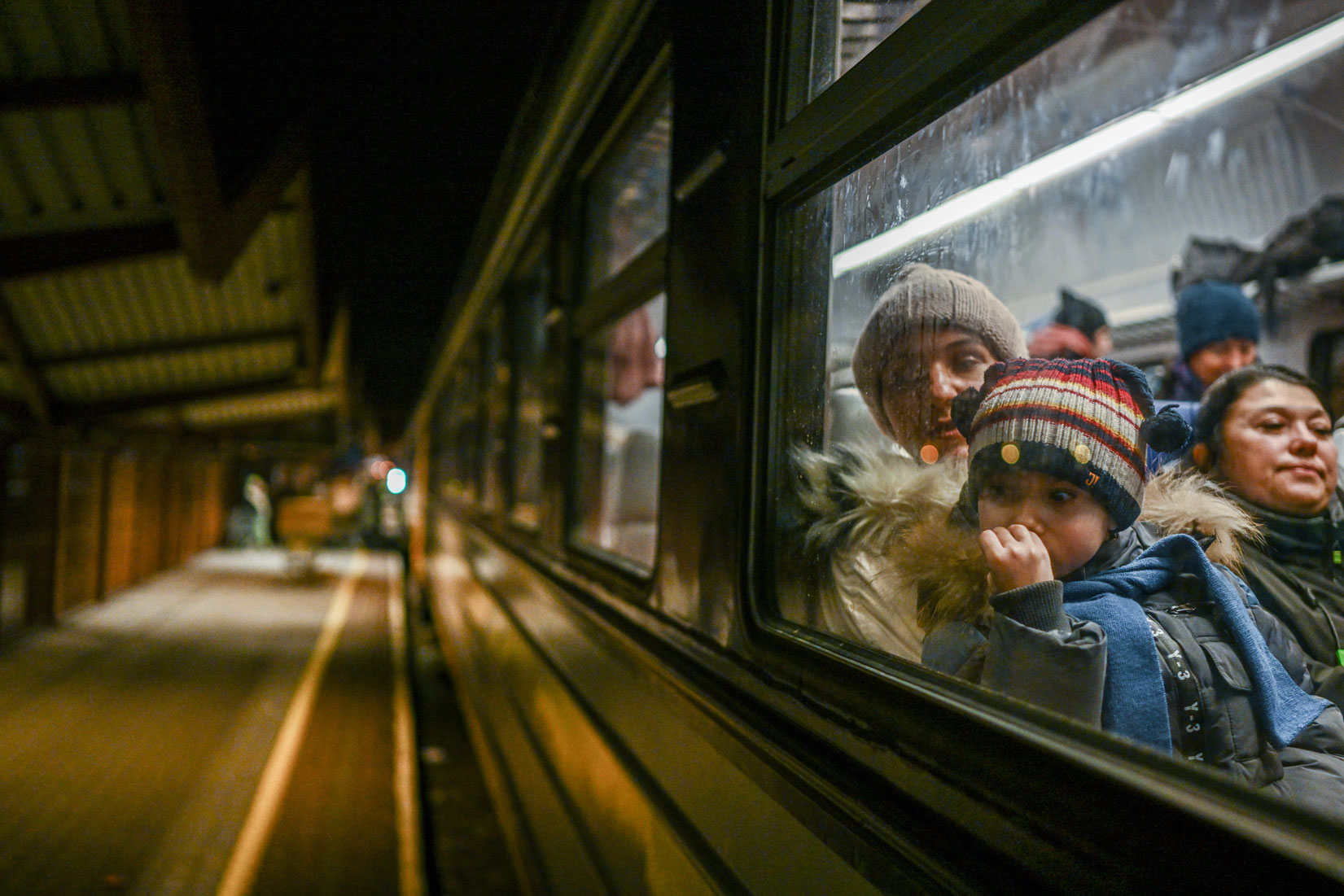
In Kyiv, Defiance and Resilience
From her home, a mother and professional tells of brave persistence despite the anxiety brought on by invasion in Kyiv.

Whoopi Goldberg’s Holocaust Comment Yields a Wider Learning Moment
Because many people’s lives depend on overcoming such persistent and deeply entrenched supremacist ideologies that are visible around the world, this moment to learn should not be(come) a wasted opportunity. Clarifying the connection between racialization and dehumanization and acknowledging different manifestations of such oppressive processes in more than one geographic context is essential to understand these intricate relationships.
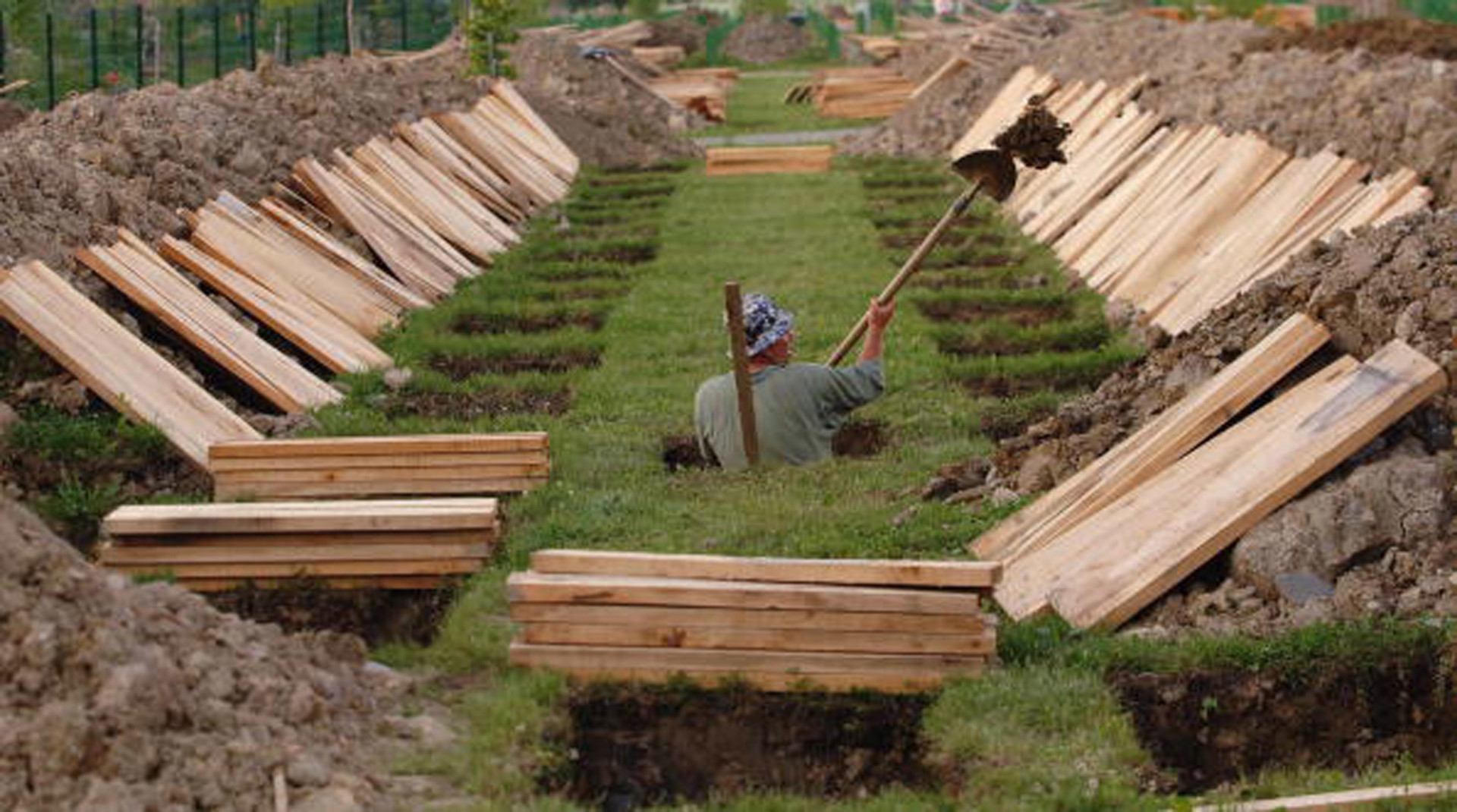
In Bosnia, the ‘Eastern Question’ Is Rising Again
With tensions within Bosnia escalating rapidly – encouraged by some European leaders – many have begun to wonder, how many times will the centuries-old “Eastern Question” reappear in today’s Europe?

A Love Song Still Divides a Region
A romantic song has captivated audiences across the Balkans, the Middle East and as far away as Japan. But despite its themes of love and longing, it has been hijacked by nationalists determined to make political mischief out of a search for its origins.
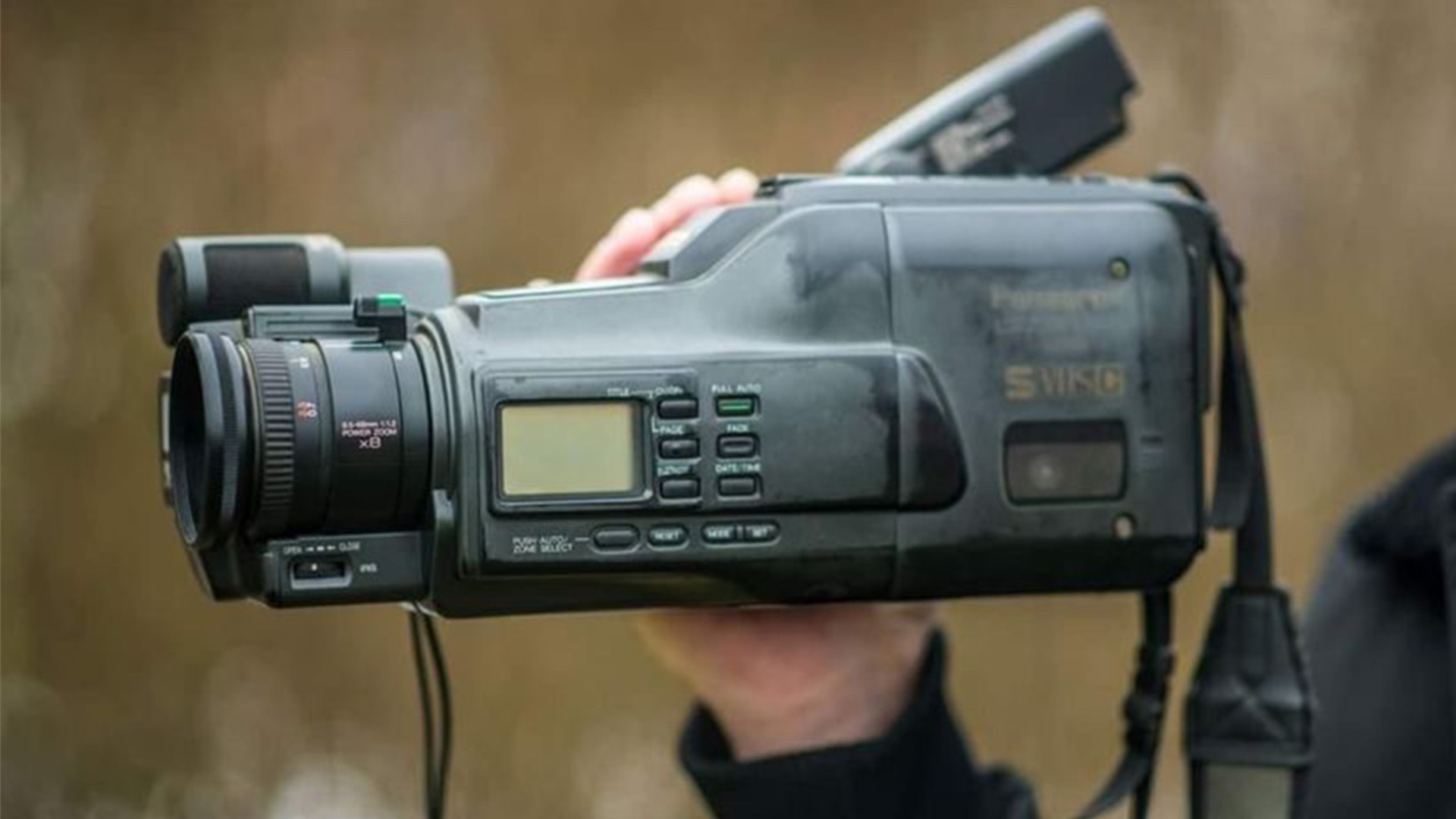
In Srebrenica’s Darkest Hour, a Videographer Shone a Light
The footage of “the videographer of Srebrenica” has become the locus for online connections among Bosniaks. They remember the pain of the Bosnian genocide, but also love and solidarity.
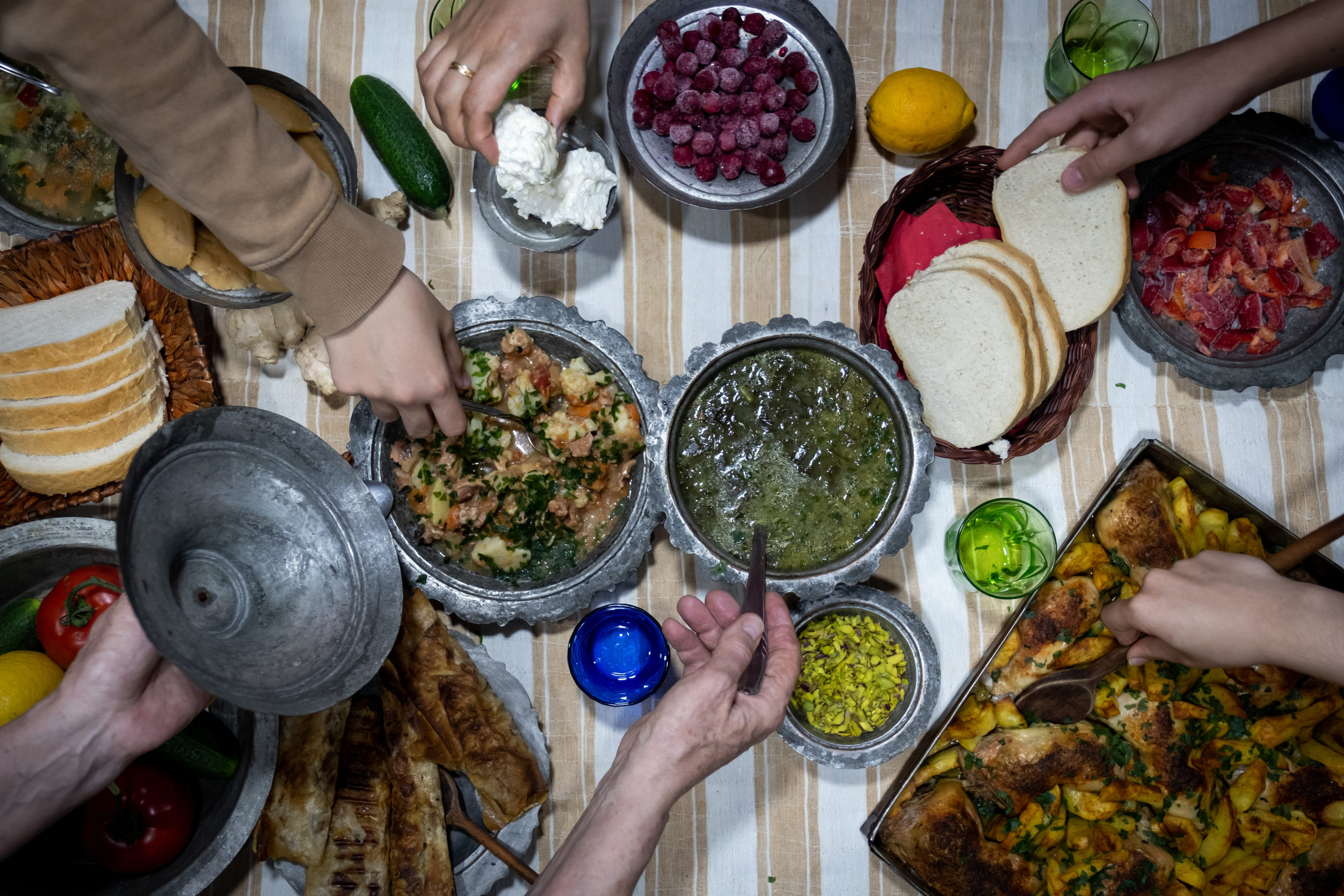
Recipes for Disaster
Food nationalism started with the formation of nation states and the breakup of empires in recent centuries. Cuisine, like political borders, became an effective tool for marking new distinctions, used by chauvinists and genocidaires as a weapon.
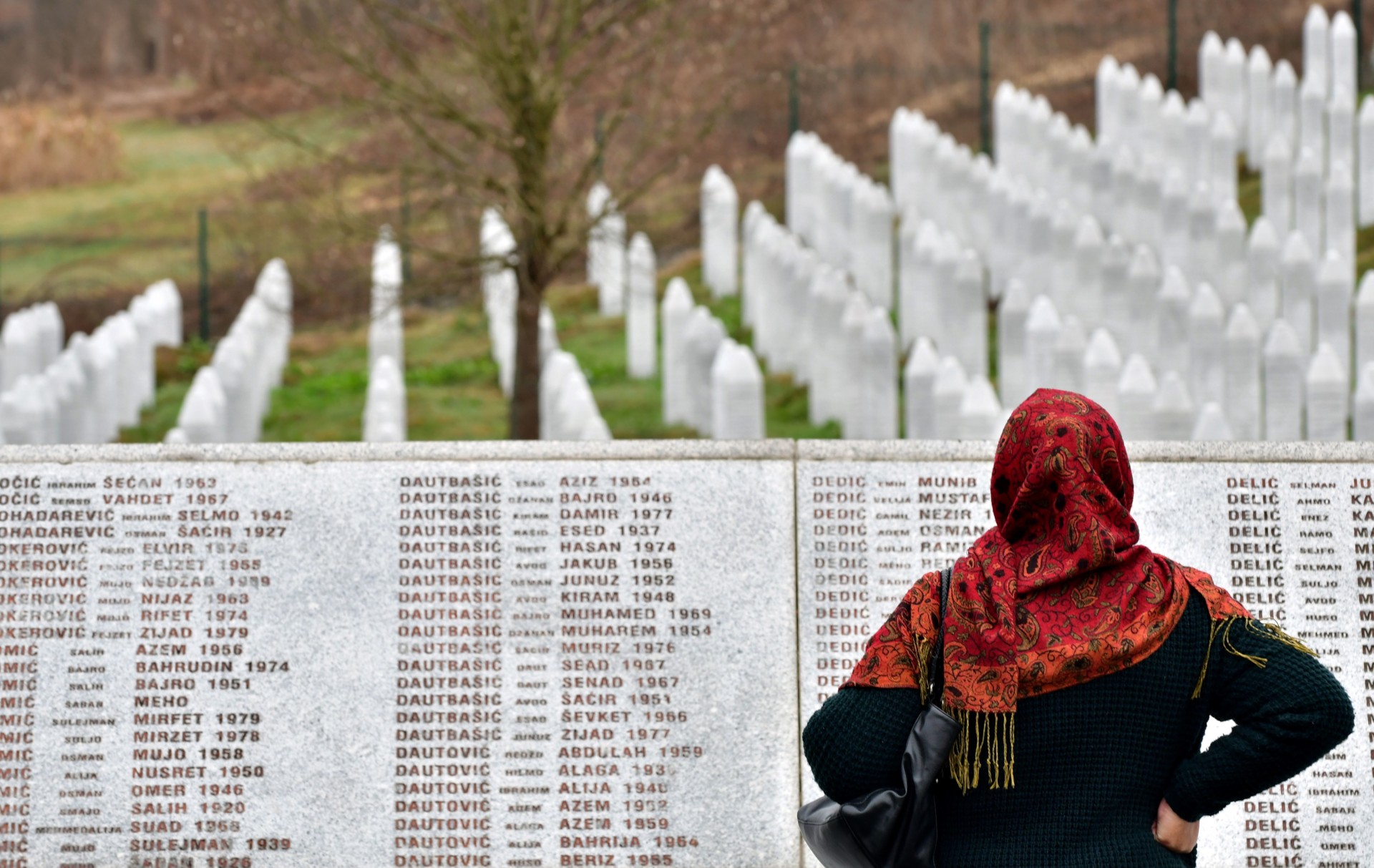
Bosnia’s #NeverAgain
Bosnians have lately turned to photographs, films, digitized recordings, and even social media to sacralize the genocide and foster international solidarity.
